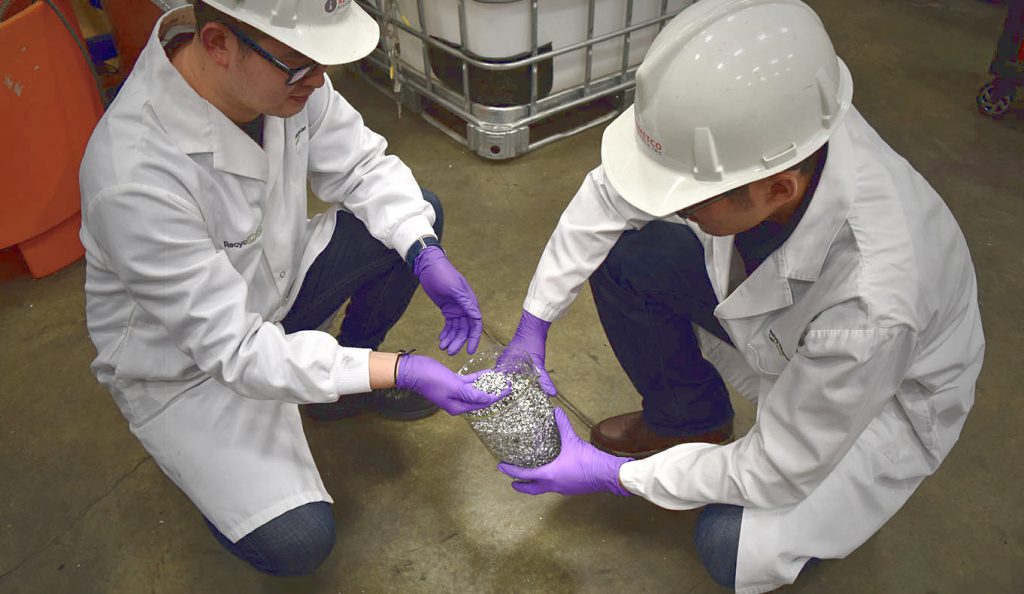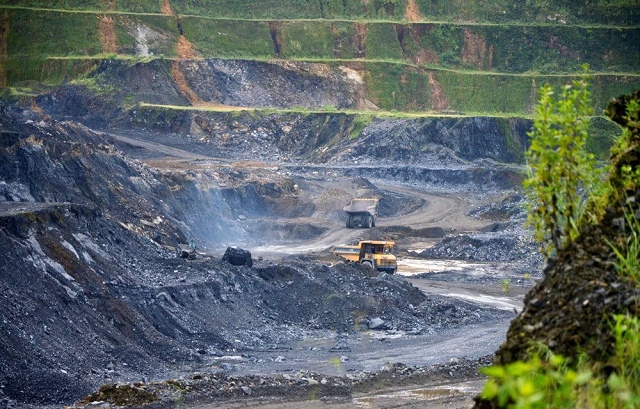Burials dig graves in the cemetery of Vila Formosa, in São Paulo, in the midst of the Covid-19 pandemic (REUTERS/Amanda Perobelli)
The UN (United Nations) classified
the Covid-19 pandemic as the worst global systemic crisis faced by humanity in the last 76 years.According to data from the American University Johns Hopkins, more than 4.7 million people have died worldwide due to complications caused by the new coronavirus — of these, 595,446 were Brazilian.
According to the organization, among the serious consequences of the pandemic — such as the downward trend in the Human Development Index (HDI), which measures the degree of development from regions, countries, states and cities based on parameters such as education, health and income — one of which affected children and adolescents in particular: the closing of schools. Hello all over the world.
In its Covid-19 report and sustainable development: Assessing the crisis With an eye on recovery, released this Wednesday (29), the UN claims that the impossibility of participating in face-to-face pedagogical activities has impacted more than 1.4 billion children and young people of different nationalities.
Although all countries have been affected to some extent, the situation that the UN classifies as an “unprecedented crisis in education” has impacted to each society in a different way.
“The rate of primary education students out of school it varies according to the country’s level of development: while the rate is higher in countries with low human development, countries with high human development have the lowest rates”, the report authors point out.
In April 2020, about two months after the confirmation of the first case of Cov id-19 in Brazil, 154 million children and adolescents of school age temporarily stopped attending classes throughout Latin America and the Caribbean.
According to the UN, in Brazil, those temporarily affected reach 47.9 million, but if the situation is considered throughout last year, the organization estimates that around 5.5 million Brazilian students were denied their right to education in 2020.
Like other experts, the UN warns that, among younger people, the consequences of the pandemic can last for a lifetime, contributing to expand existing inequalities.
To prevent this from happening, the organization recommends to nations that, in addition to measures to try to contain the spread of the virus, such as population vaccination and public health campaigns to make people aware of the importance of wearing masks and social distancing, implement policies p. economic and social development programs, especially for women and girls, who face particular challenges and are, in global terms, the biggest victims of economic insecurity.
“Systemic mechanisms and an equity lens are needed to reduce losses in human development and turn them into long-term opportunities”, points out the UN, highlighting the importance of the return to face-to-face classes in safety.
“In addition to learning losses, the prolonged closing of schools brings consequences to food and safety, as it represents the interruption of access to other important basic services, such as school meals, recreational programs, extracurricular activities, pedagogical support and health, water, sanitation and hygiene infrastructure.”
The organization remembers that, although it is an alternative, remote learning can aggravate inequalities, as many do not have access to o the technological tools needed to attend distance classes. This can lead to an increase in school dropout rates, with all the aggravations that are usually associated, such as child labor and teenage pregnancy.
The organization estimates that, in Brazil, around 28% of families do not have access to the internet. Percentage that increases as family income decreases. “In this scenario, in addition to prioritizing the safe reopening of schools, investments in digital disruption are essential as an immediate response and a path beyond recovery.”
Still on the specific situation in Brazil, the UN states that the organization of the national public health system (SUS) provides a quick response to emergency actions, although, for this, it is necessary a “coordinated strategic vision”.
“Although has a public health system capable of responding to health emergencies, the Covid-19 pandemic requires measures in all spheres, considering the inequalities between the states”, sustains the UN, still confident that “a new Brazil, fairer and sustainable, may emerge from the current crisis” and highlighting the beneficial effect of measures such as emergency aid paid to people financially affected by the pandemic.
“However, to ensure a resilient recovery and inclusive, Brazil must face the challenges of systemic development. In this sense, the pillars of governance, social protection, reimagining the future for every child and adolescent, digital disruption and green economy are essential to overcome the crisis and bring Brazil closer to the sustainable development agenda”, adds the organization, noting that the post- pandemic will require “a new social contract” and structural changes.
“Governments, private sector and society civil society will need to work together to promote social cohesion and gender equality, and uphold human rights and the rule of law, especially in fragile and conflict-affected contexts.
Certified specialists from the largest brokerages in Brazil teach you how to go from basic to extra income growing operating as a trader on the Stock Exchange. Sign up for free
Note: This article has been indexed to our site. We do not claim legitimacy, ownership or copyright of any of the content above. To see the article at the original source
Click Here













